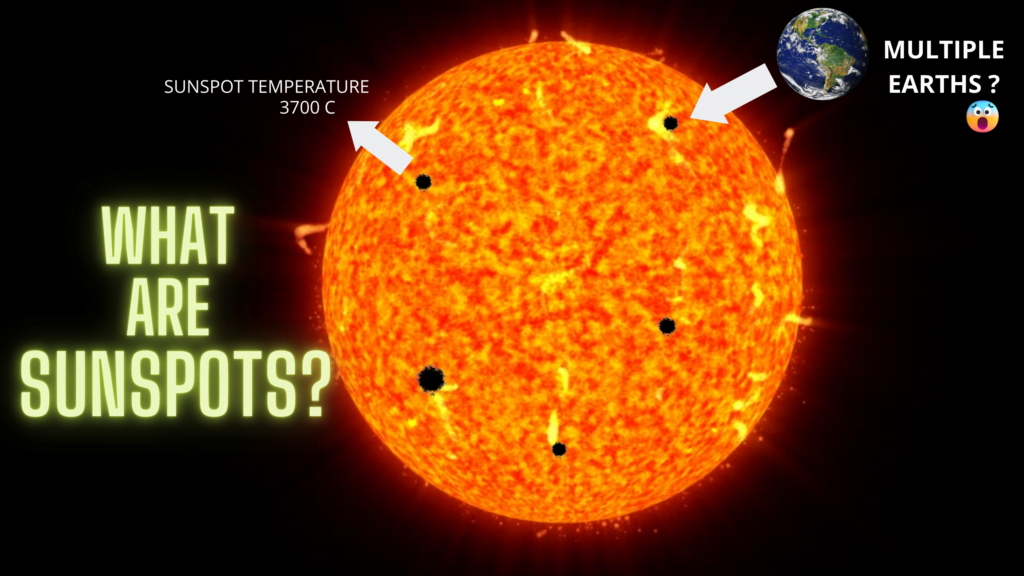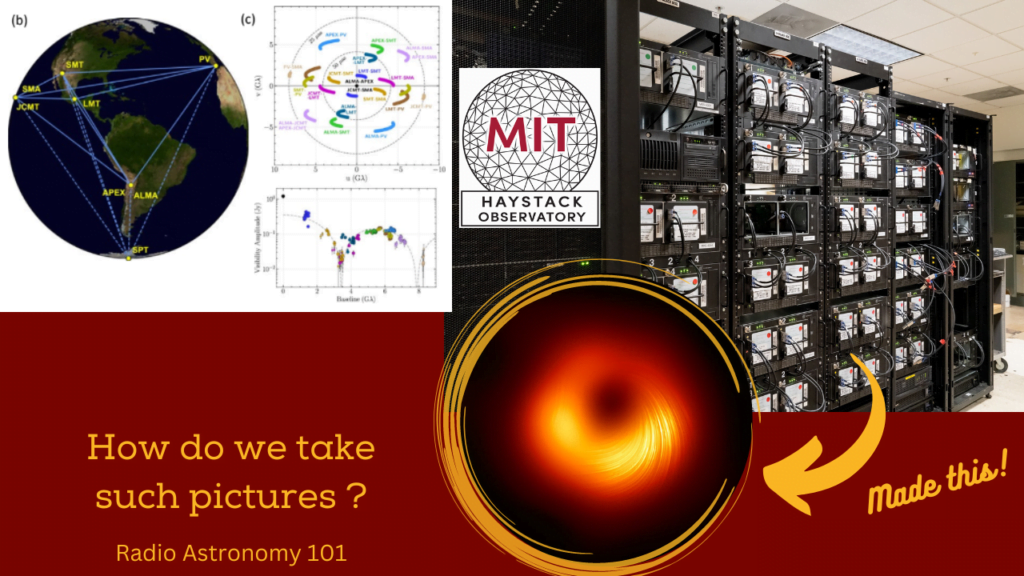Introduction
The quest to capture the shadow of a black hole, a region from which no light can escape, has fascinated astronomers for decades. In a groundbreaking achievement, the Event Horizon Telescope (EHT) Collaboration has provided us with unprecedented views of the supermassive black hole at the heart of the M87 galaxy. This remarkable endeavor not only confirms predictions from Einstein’s theory of general relativity but also opens new avenues for understanding these enigmatic cosmic phenomena.
The Event Horizon Telescope: A Global Effort
The EHT is not a single telescope but a planet-scale array of eight ground-based radio telescopes forged through international collaboration. Designed to capture images of a black hole’s event horizon, this network operates by synchronizing telescope facilities across the world, thereby creating a virtual Earth-sized telescope with unmatched resolution.
Capturing the Black Hole’s Shadow
In April 2018, the EHT observed the black hole in M87, succeeding in capturing images that reveal the shadow of the black hole surrounded by a bright ring of swirling plasma. This shadow, consistent with theoretical predictions, is a direct result of the gravitational bending and capture of light by the black hole.
Key Findings and Technological Triumphs
- The Persistent Shadow:
Over multiple observation campaigns, the EHT has consistently captured the shadow of M87’s black hole, confirming the stability of its size and shape over time. This persistence supports the presence of a supermassive black hole as predicted by general relativity.
2. Technological Marvels:
Achieving this feat required advancements in very long baseline interferometry (VLBI), data processing, and image reconstruction techniques, showcasing the power of collaborative scientific endeavor.
Beyond the Shadow: Implications and Future Prospects
The observations of M87’s black hole provide invaluable insights into black hole physics, the behavior of accretion disks, and the dynamics of relativistic jets. As we refine our techniques and expand the EHT network, future observations promise to unravel more mysteries of the universe, testing the limits of our understanding of physics under extreme conditions.
Conclusion
The EHT’s observation of M87’s black hole represents a monumental step forward in our quest to understand the universe. As we stand on the brink of a new era of astronomical discovery, the shadow of M87’s black hole shines a light on the path ahead, beckoning us to delve deeper into the cosmos’s darkest corners.
Here are all the links to the resources I used:
The persistent shadow of the supermassive black hole of M 87: https://www.aanda.org/articles/aa/abs/2024/01/aa47932-23/aa47932-23.html
https://eventhorizontelescope.org/
- Paper I: The Shadow of the Supermassive Black Hole
- Paper II: Array and Instrumentation
- Paper III: Data Processing and Calibration
- Paper IV: Imaging the Central Supermassive Black Hole
- Paper V: Physical Origin of the Asymmetric Ring
- Paper VI: The Shadow and Mass of the Central Black Hole
Feel free to check out my website to know more about my work or shoot me an email if you have further questions or would like to get in touch!

